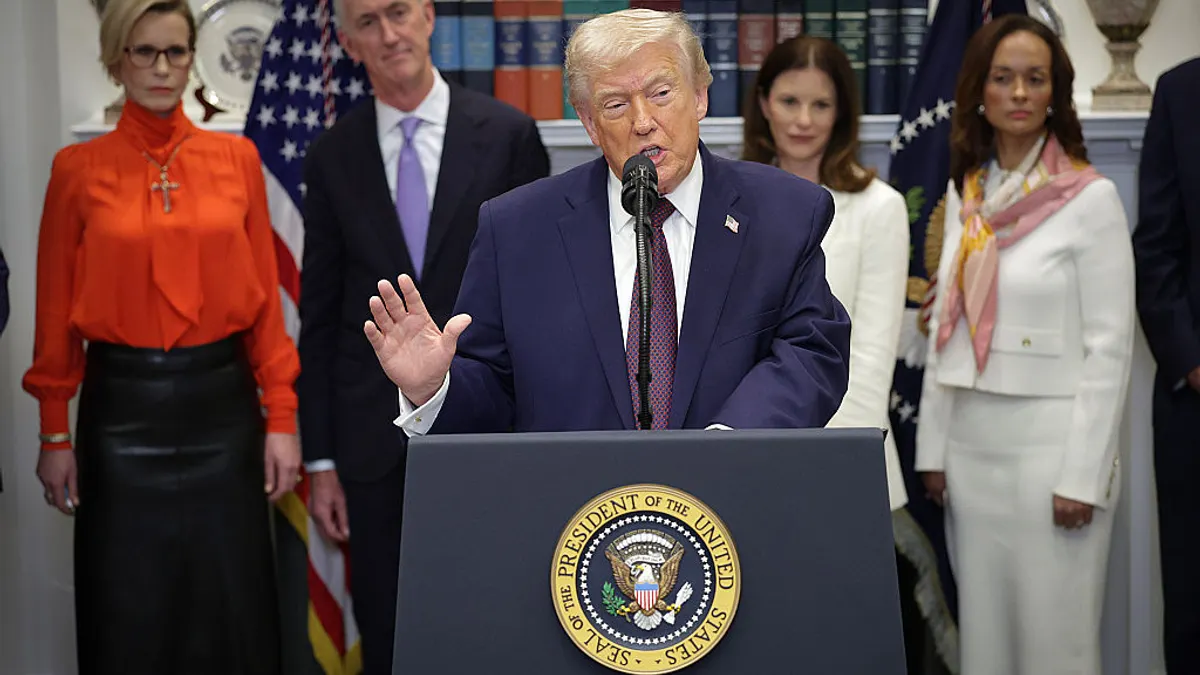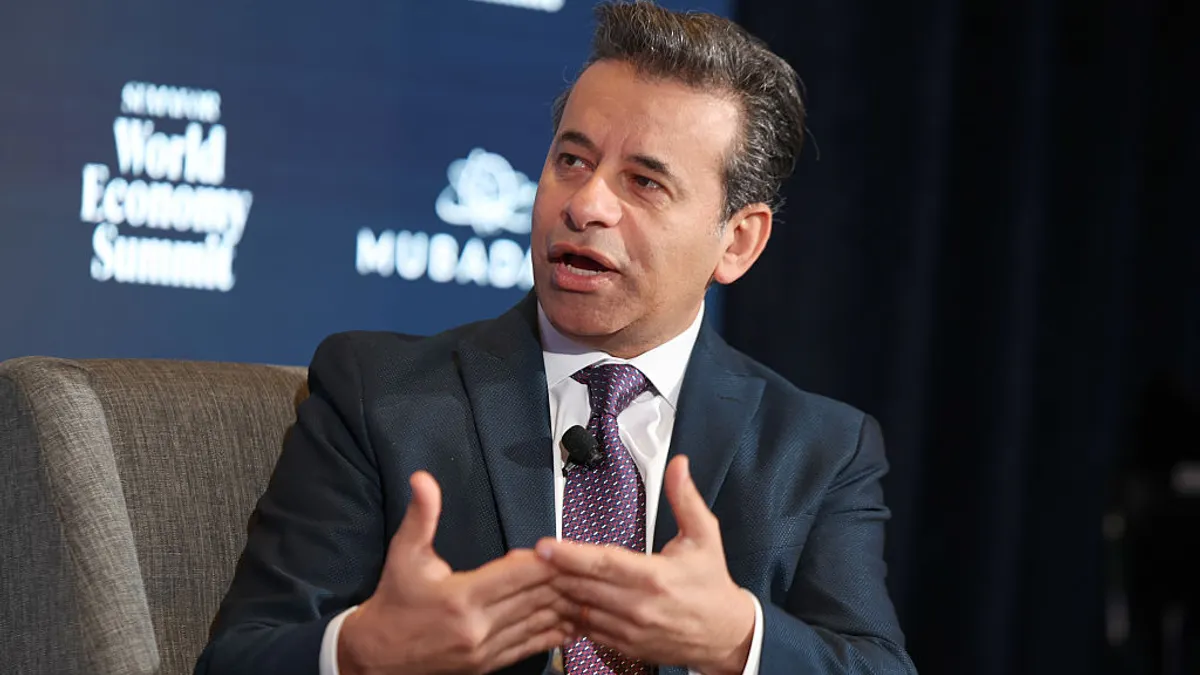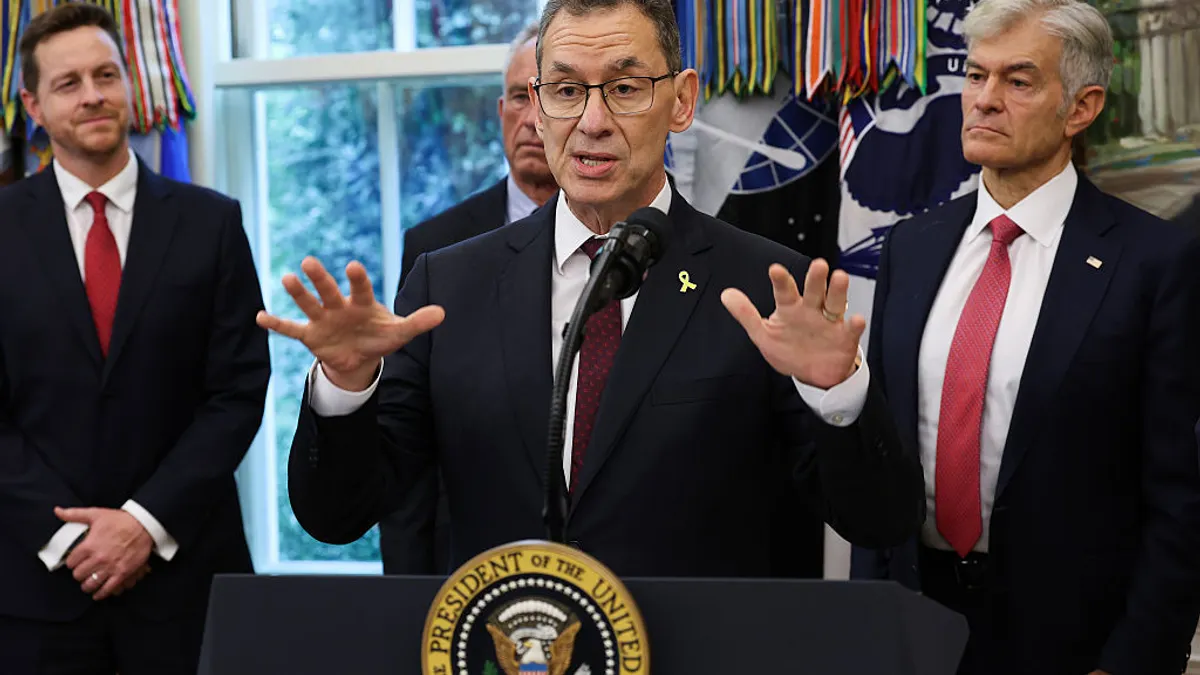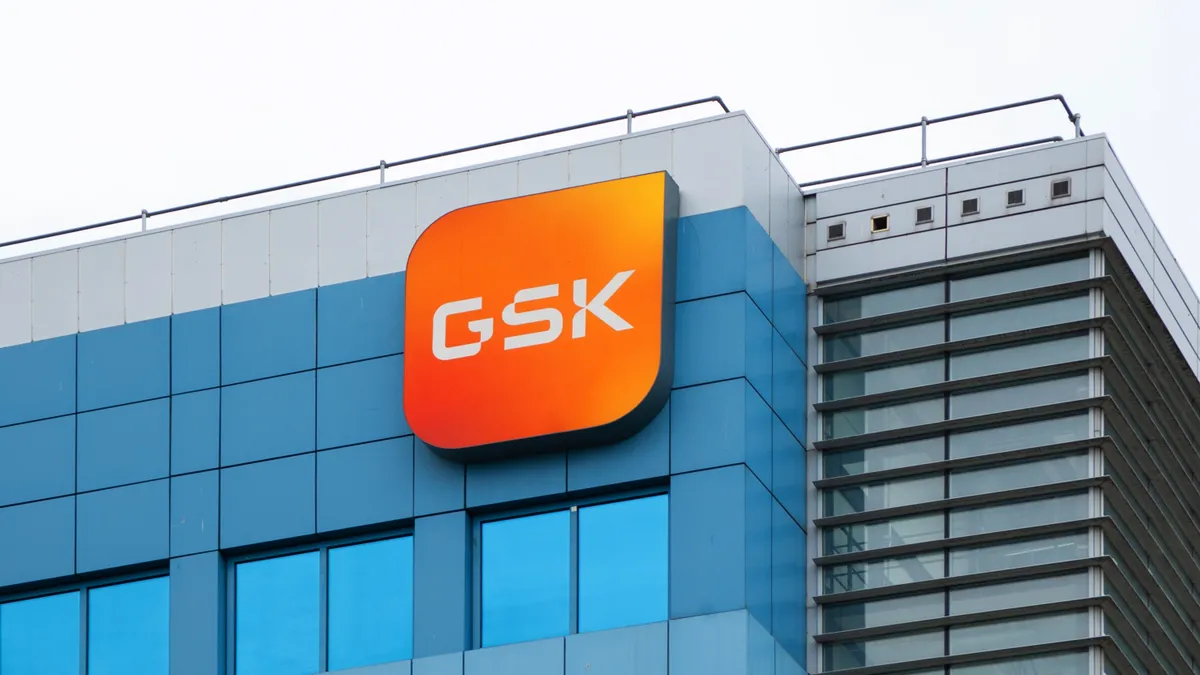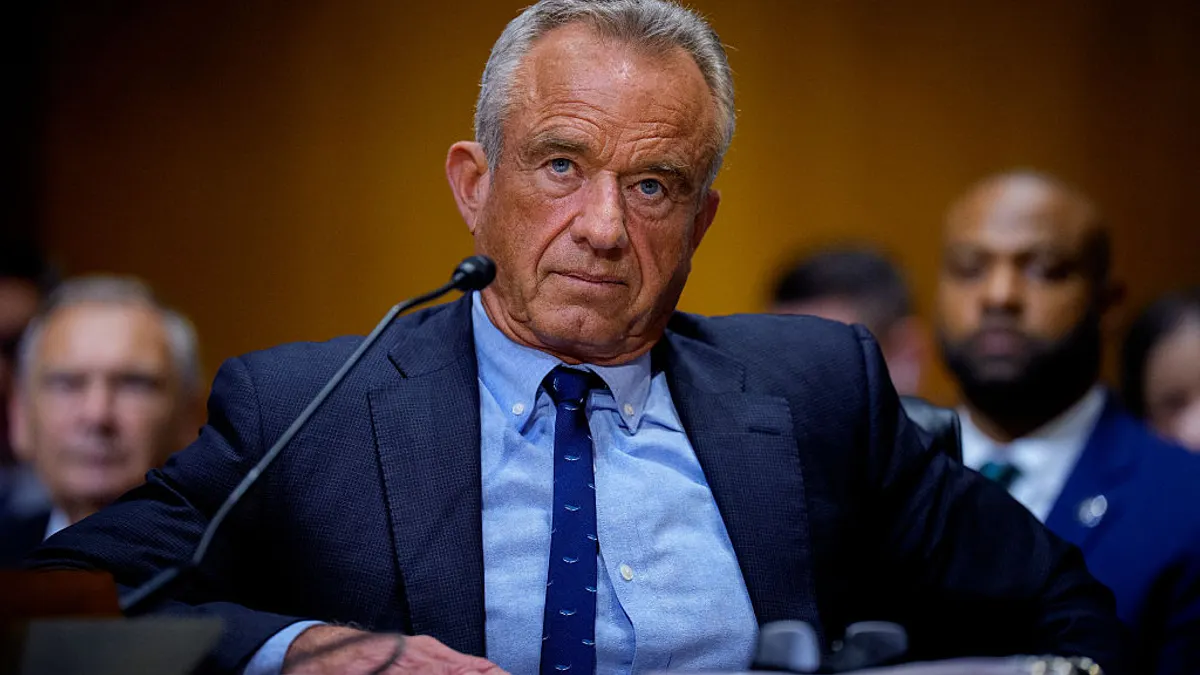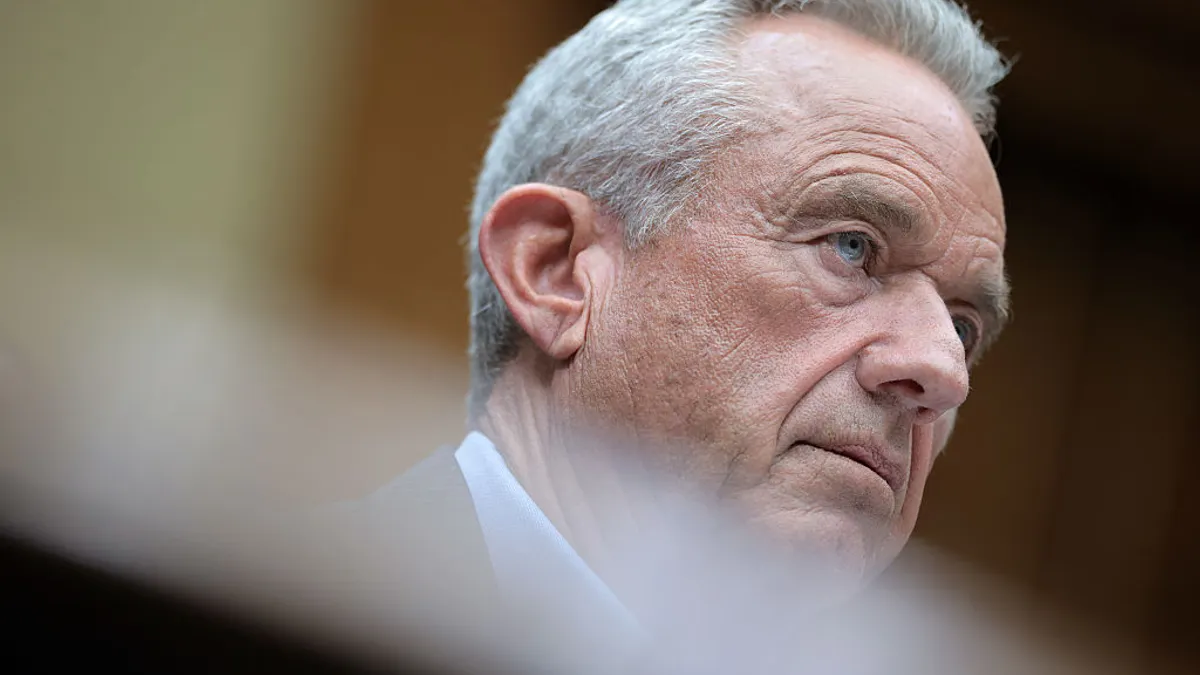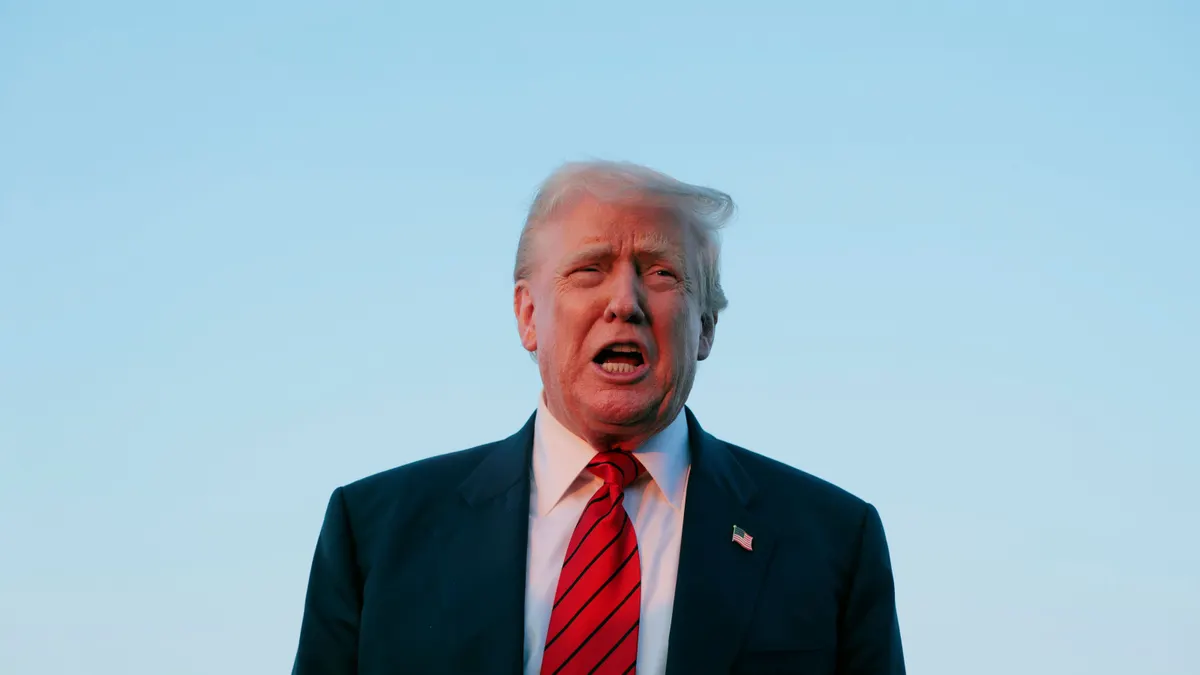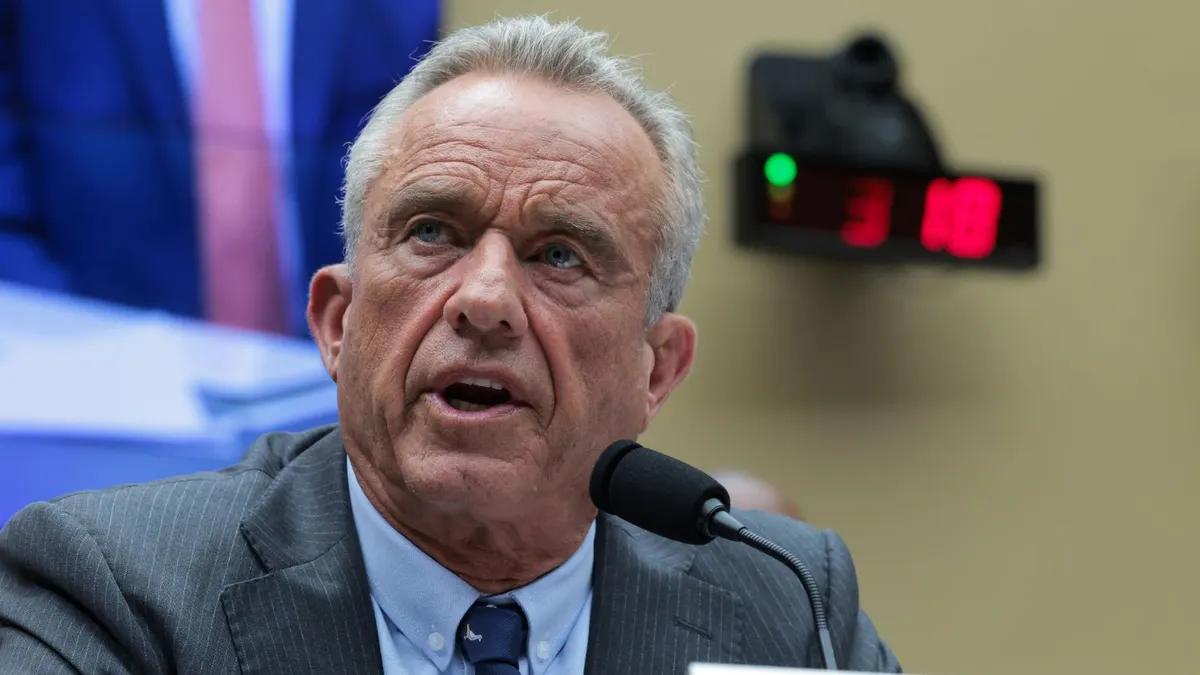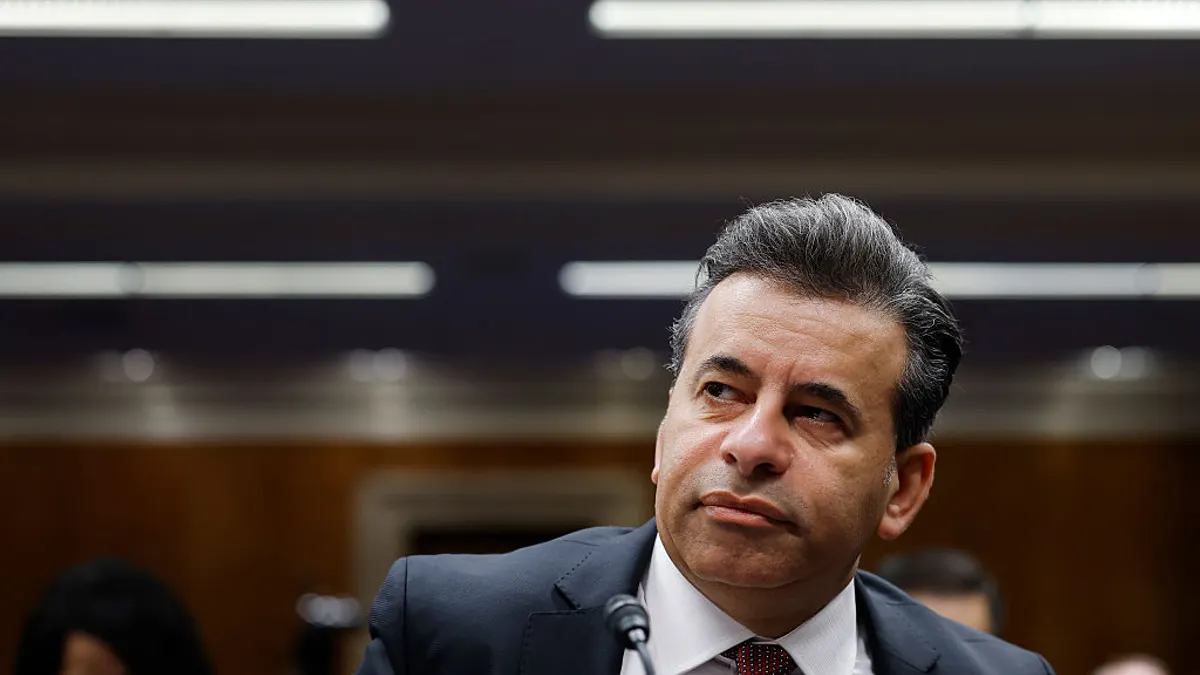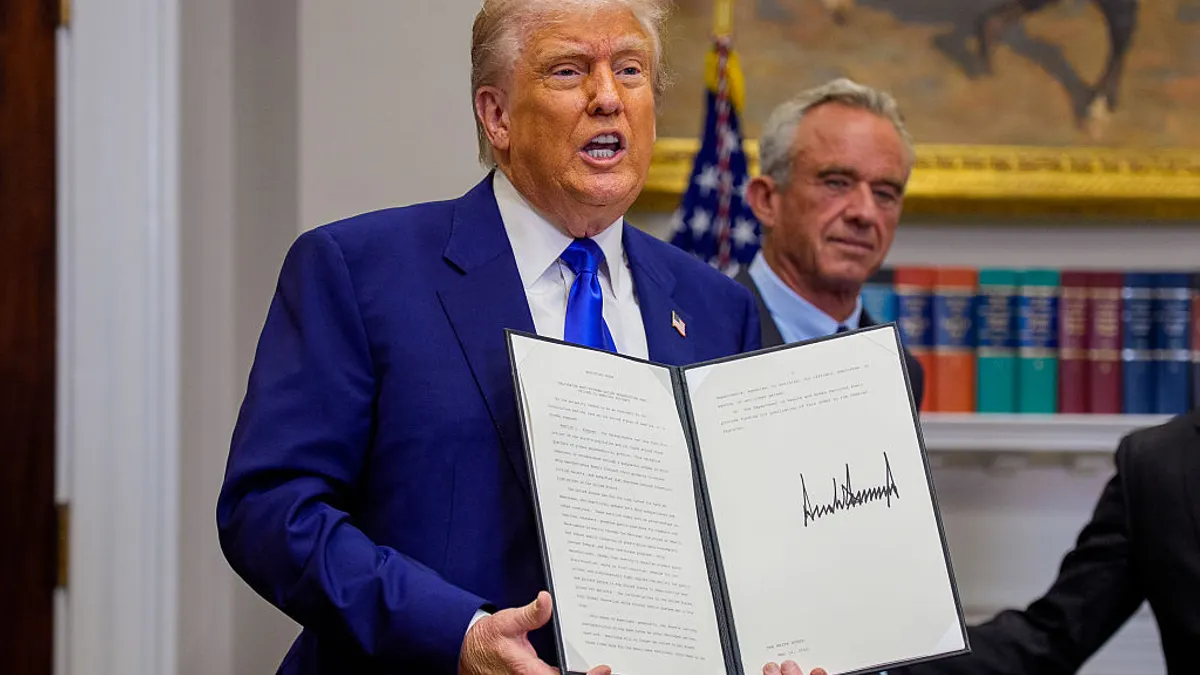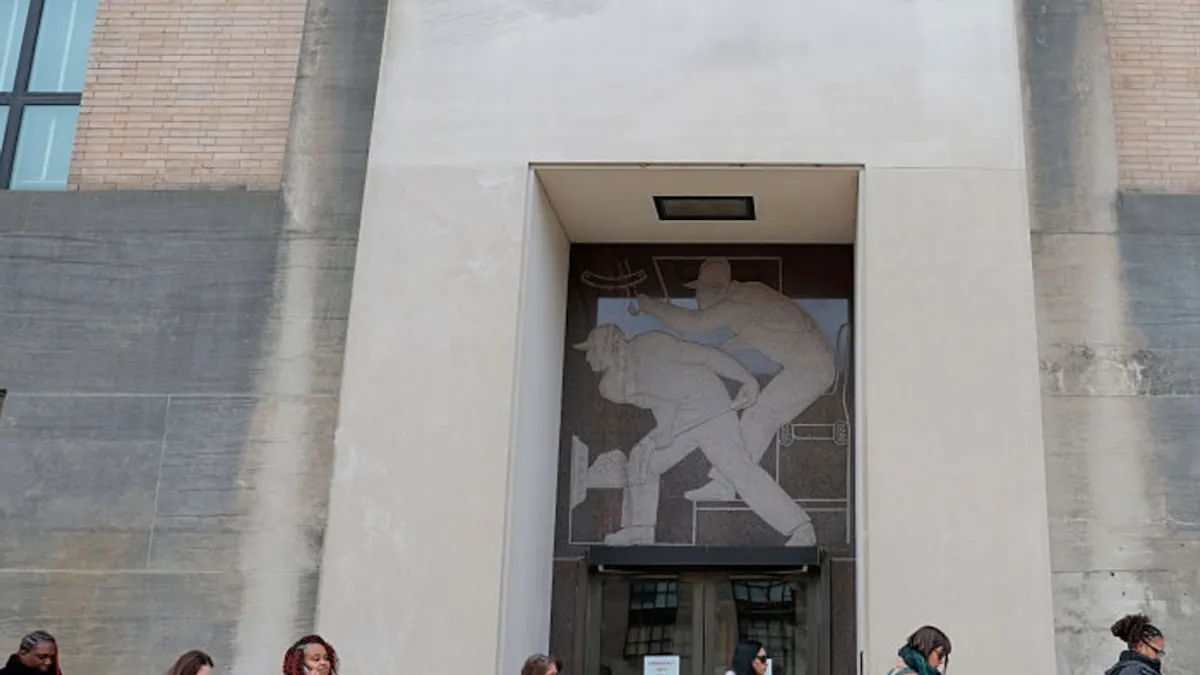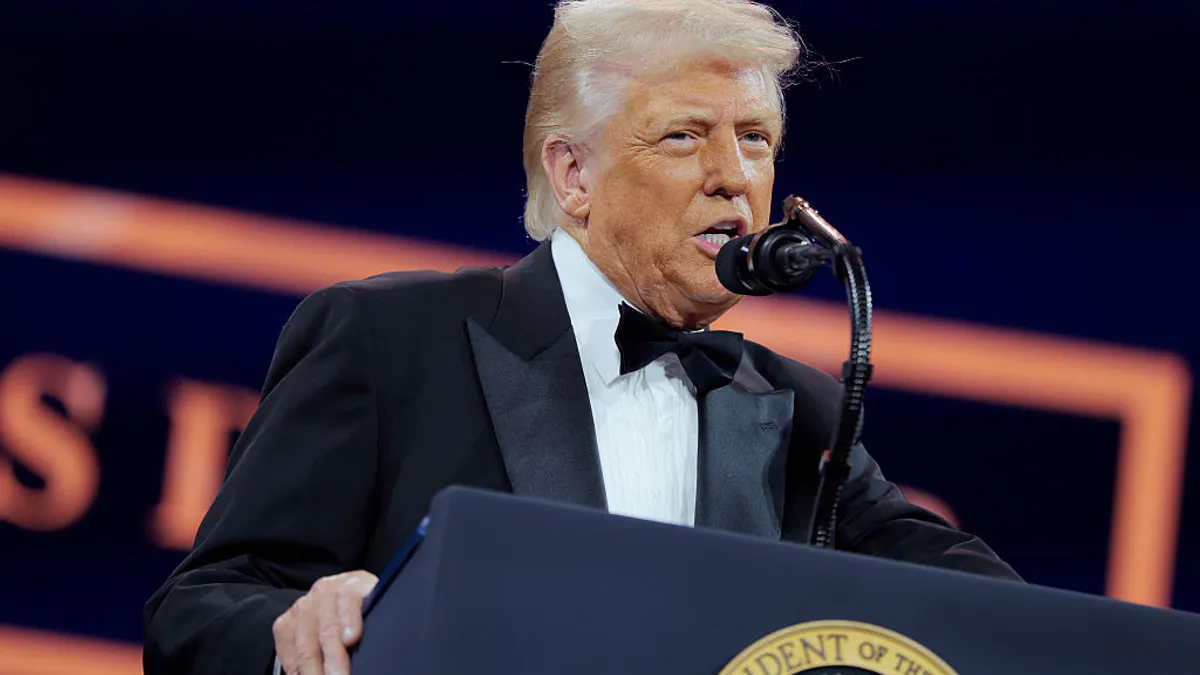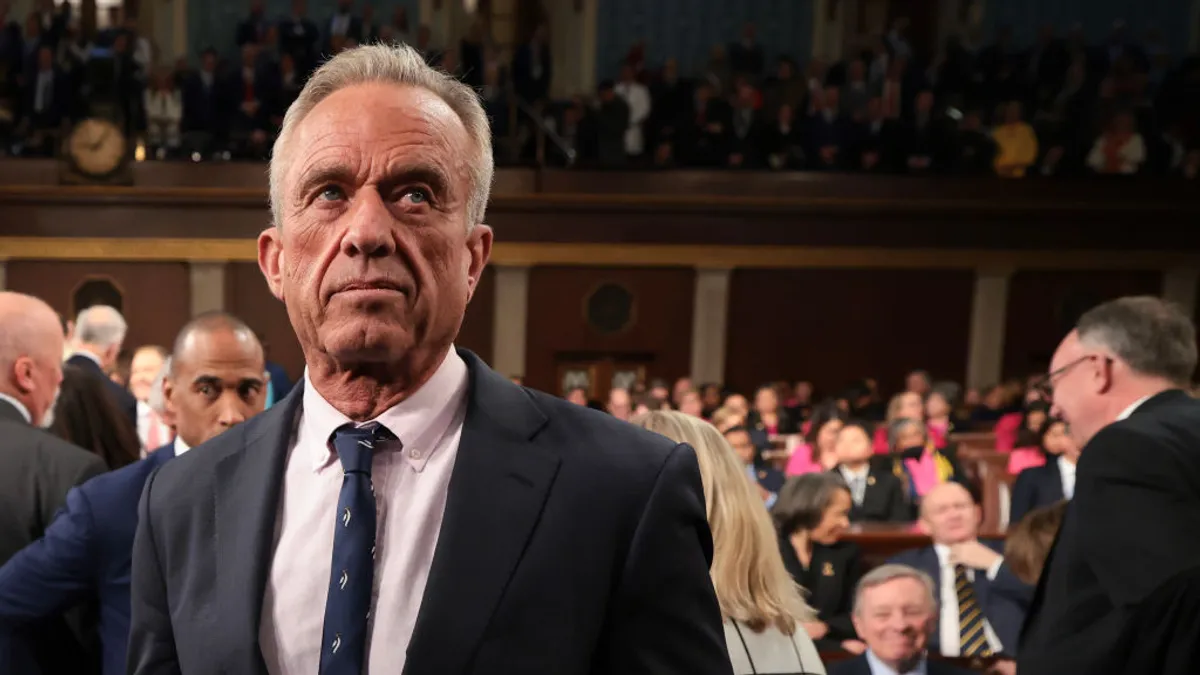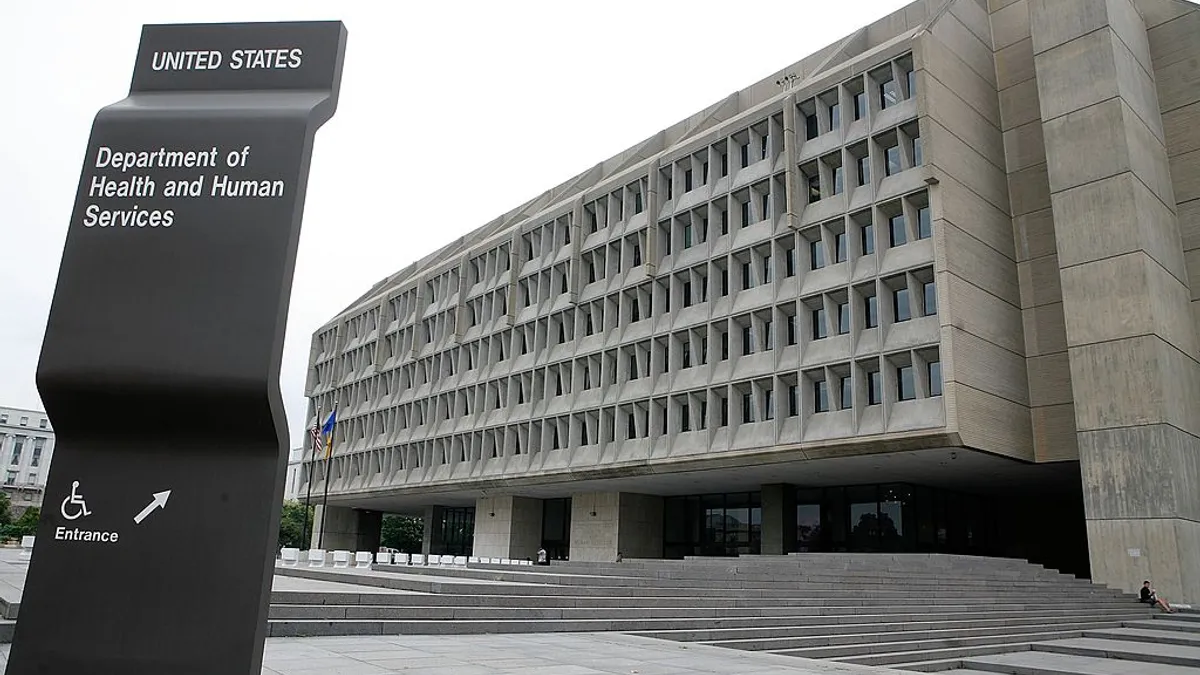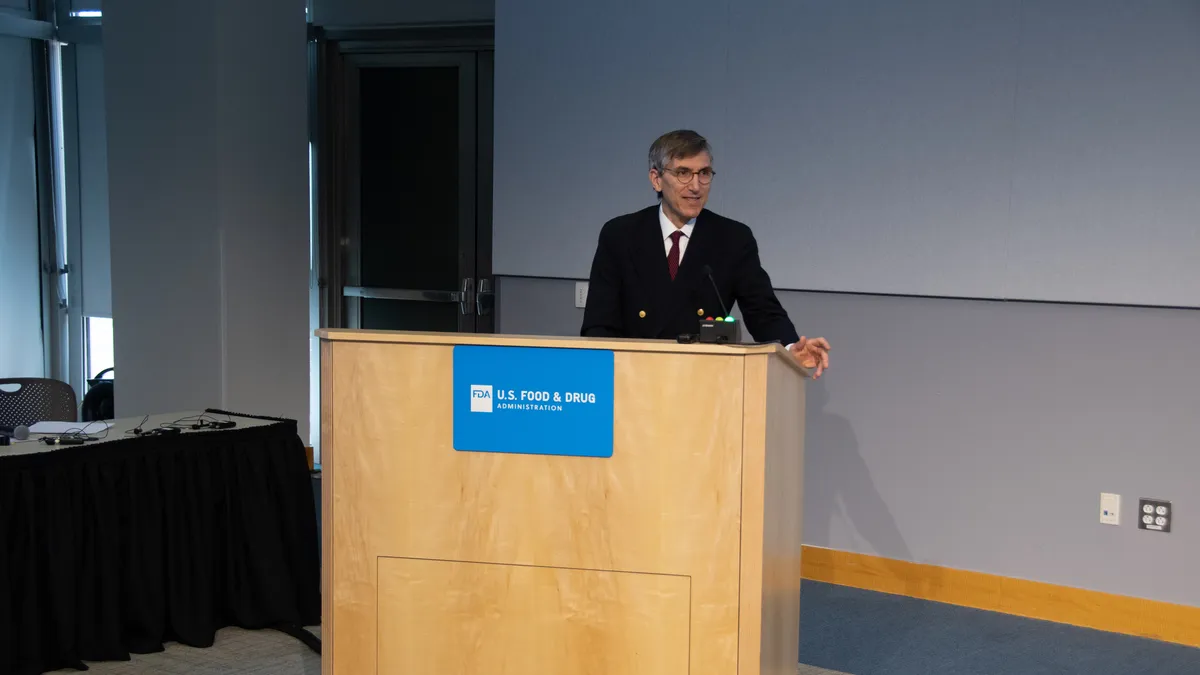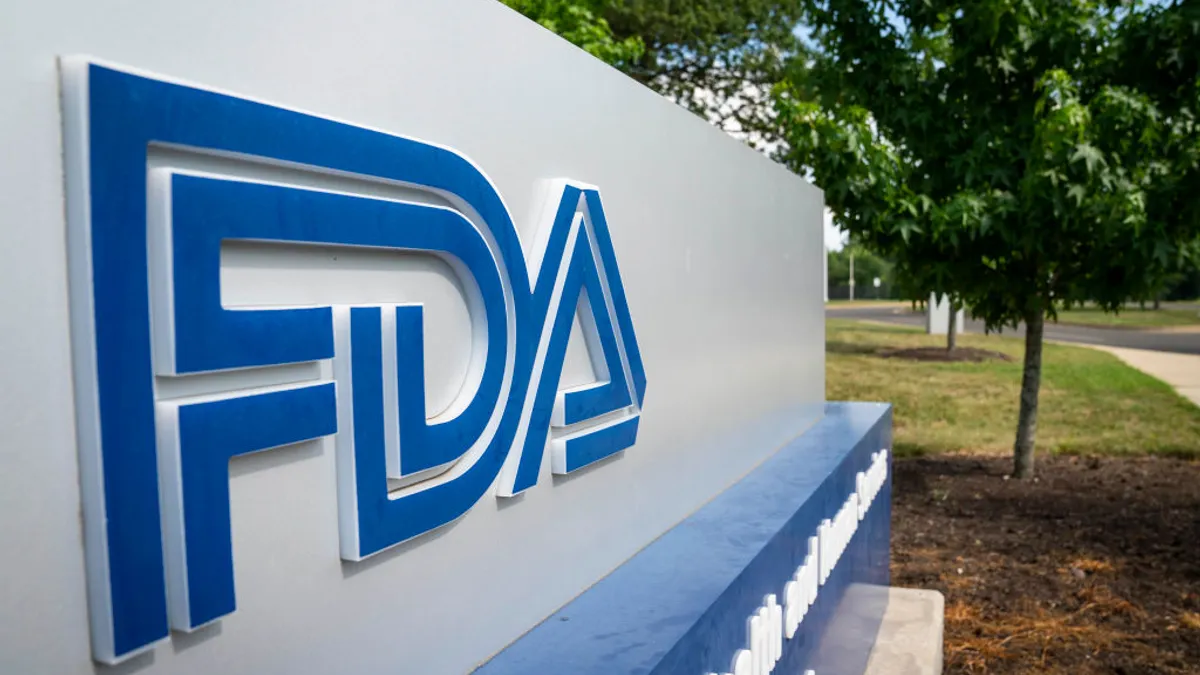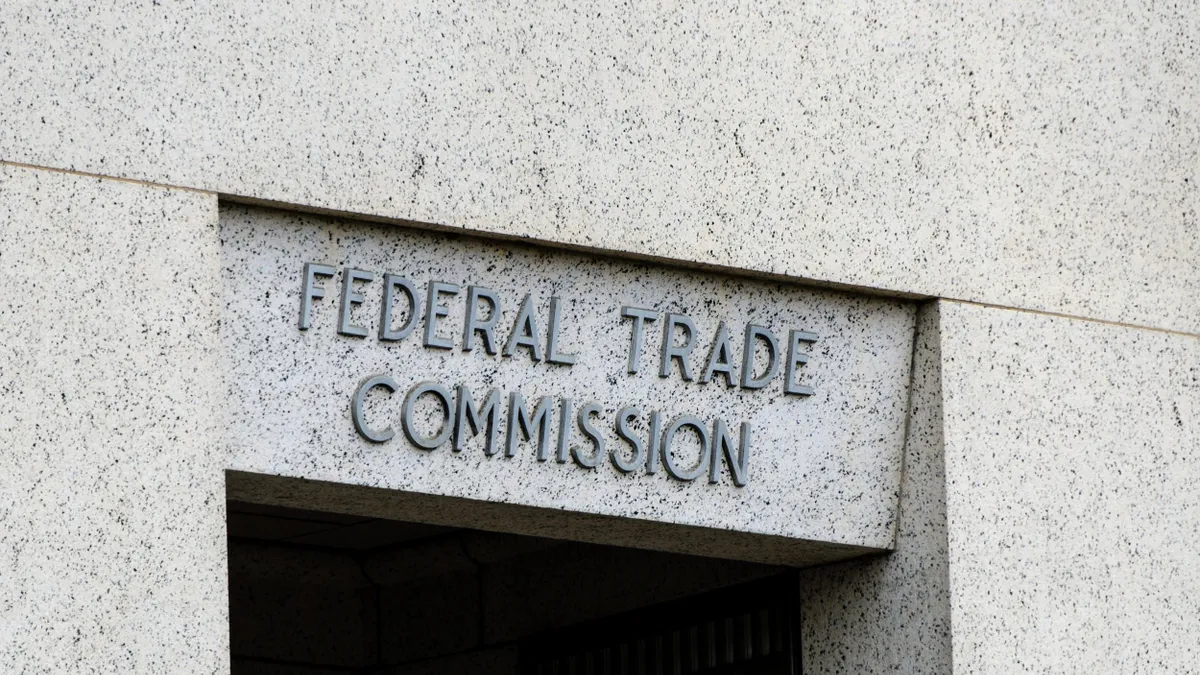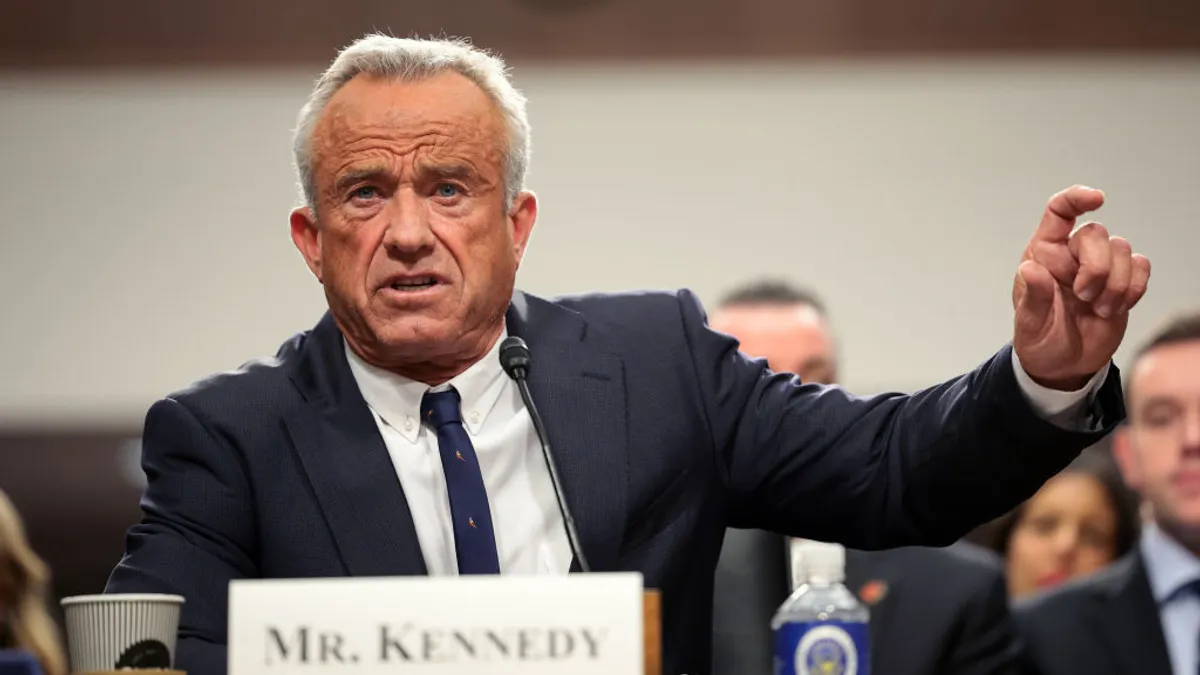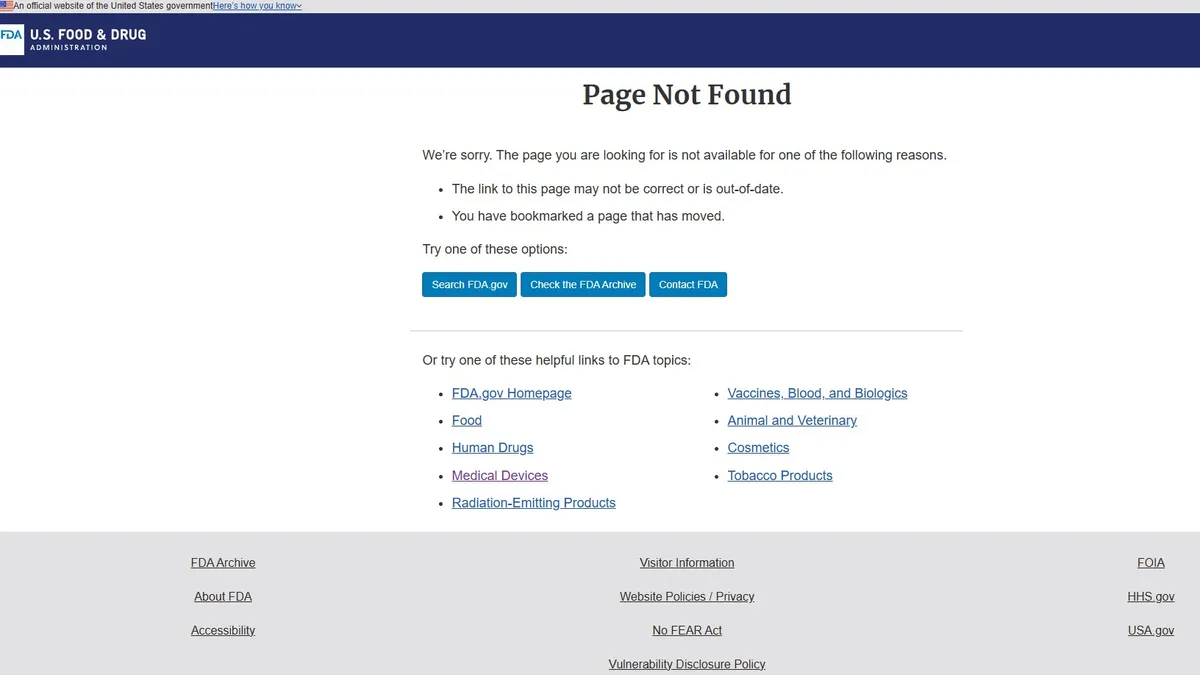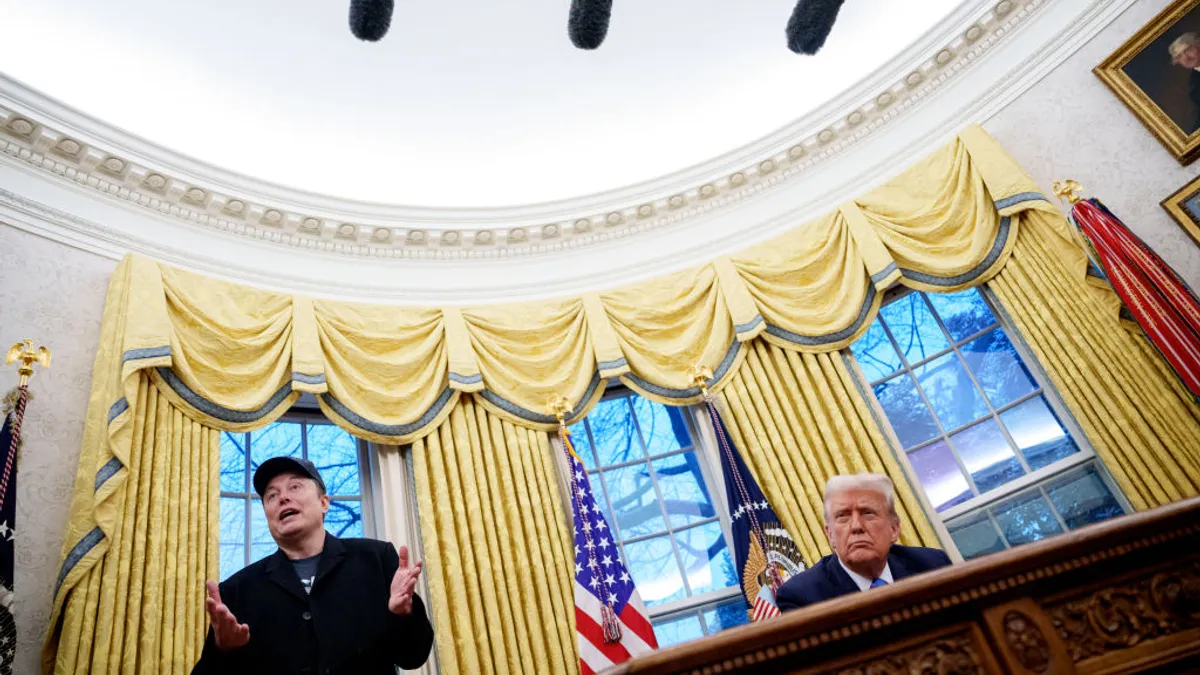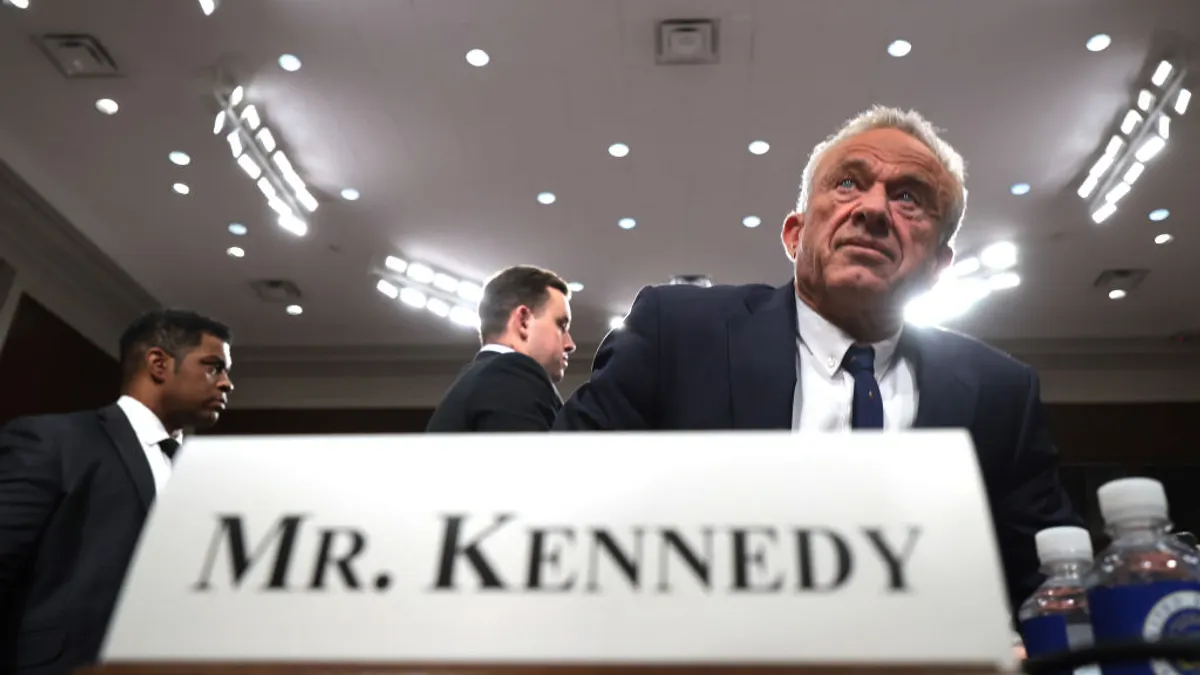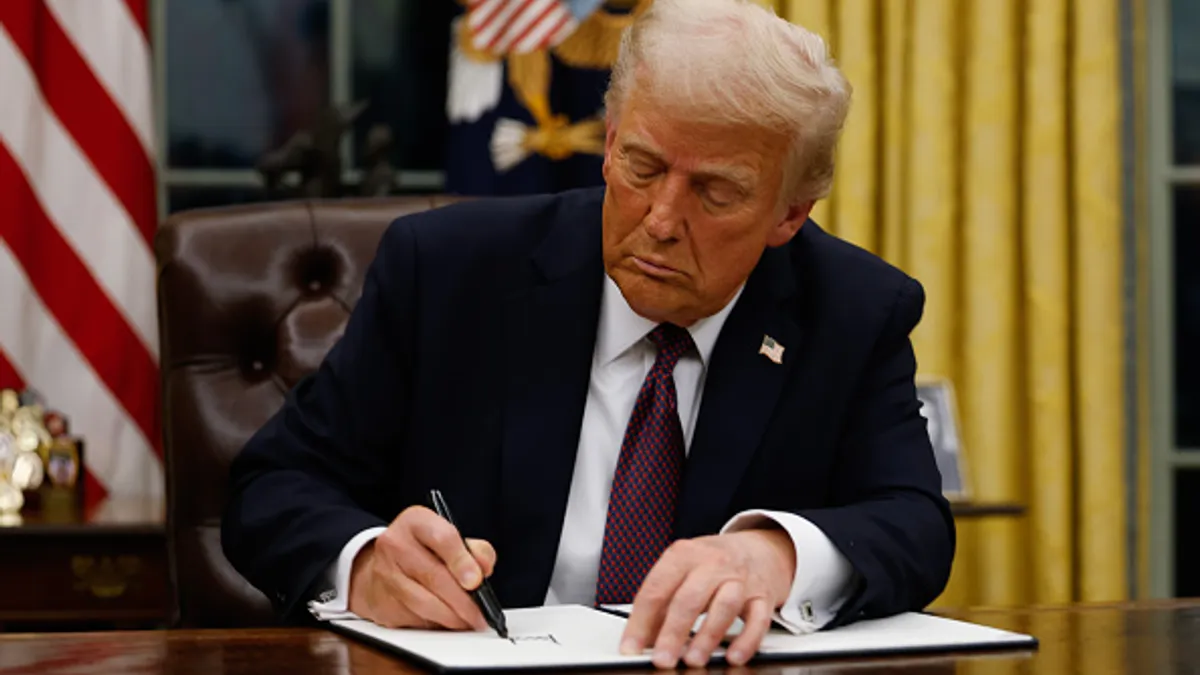A federal judge on Wednesday blocked the National Institutes of Health from cutting billions of dollars in payments to research institutions across the country, setting up a longer court battle between the Trump administration and scientists.
The fight centers on “indirect costs” associated with medical research. Currently, the NIH issues grants to cover the costs of research along with additional funds to handle expenses not directly part of the scientific work, such as administrative salaries, building construction and maintenance. The average negotiated indirect cost rate is 27% to 28% of a grant but sometimes tops 60%, according to the NIH.
On Feb. 7, the NIH revealed it intended to begin applying a standard 15% indirect cost rate as of Feb. 10. Leading universities, medical associations and 22 state attorneys general quickly sued, saying the policy was unlawful and would badly damage research while endangering patient health.
After initially granting and then extending a temporary restraining order, U.S. District Judge Angel Kelley on Wednesday issued a nationwide preliminary injunction, a stronger action that will stop the policy while legal proceedings continue. In her ruling, Kelley said the groups suing the Trump administration are likely to ultimately win their case in court.
The NIH notice “impacts thousands of existing grants, totaling billions of dollars across all 50 states — a unilateral change over a weekend, without regard for ongoing research and clinical trials,” Kelley wrote. It risks “halting life-saving clinical trials, disrupting the development of innovative medical research and treatment, and shuttering of research facilities, without regard for current patient care.”
Kelley said the plaintiffs had met the standards necessary for a preliminary injunction, showing that the NIH plan was “arbitrary and capricious” and would likely result in irreparable harm. “The suspension of ongoing clinical trials and the resulting threats to patients’ lives represents a dire risk,” Kelley wrote.
At stake is more than $4 billion in funding, according to the Trump administration. Of the $35 billion the NIH spent on grants in fiscal year 2023, $9 billion went to indirect costs or “overhead,” the NIH said in its notice. “NIH is obligated to carefully steward grant awards to ensure taxpayer dollars are used in ways that benefit the American people and improve their quality of life,” the agency said.
The indirect cost fight is just one battle among many as President Trump targets federal spending. The biopharmaceutical industry is watching with concern as the administration disrupts general science funding, targets specific projects for ideological reasons and lays off workers at the NIH and Food and Drug Administration.










